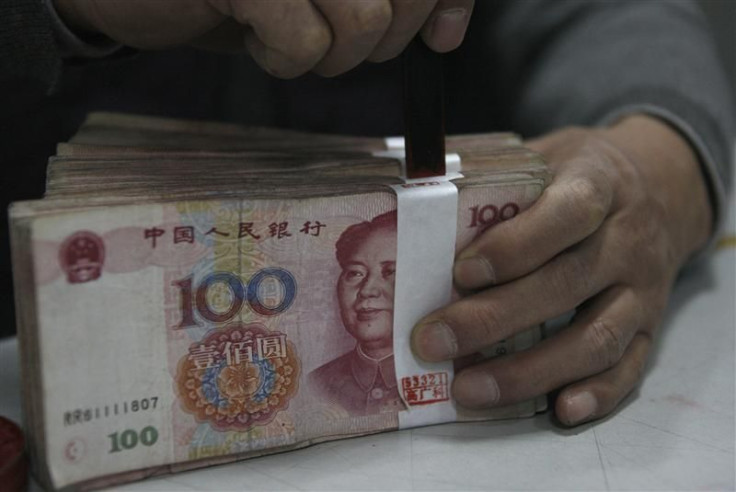China Services Activity Declines To 10-Month Low In June: HSBC PMI

Though China's services activity grew in June, it declined to a ten-month low, according to the HSBC Purchasing Managers' Index (PMI) released Wednesday.
The services PMI rose to 52.3 in June compared to 54.7 in May, raising the apprehensions about the soft global demand and the reduced real estate investment in the world's second biggest economy.
Services activities softened in June due to slowing new business flows, which translated into only marginal growth of employment. This, plus the ongoing slowdown of manufacturing sectors, points to growing pressures on the jobs market - the last thing Beijing policy makers want to see. But with inflation also falling fast, we believe Beijing has sufficient room to step up easing and revive domestic demand, said Hongbin Qu, chief economist for China and co-head of Asian Economic Research at HSBC.
This report comes when the China Federation of Logistics and Purchasing reported Monday that the country's non-manufacturing sector grew at a faster pace in June compared to the previous month. The official survey showed that the PMI advanced to 56.7 in June from 55.2 in May. While the HSBC services PMI covers the service sector only, which includes activities by real estate developers but excludes construction, the official index also covers construction, but excludes financial services.
Earlier this week, China reported that its manufacturing activity grew at a slower pace in June compared to the previous month. China's manufacturing PMI declined to 50.2 in June from 50.4 in May. There is hope among investors that more aggressive policy easing will be announced by China as the softening of manufacturing activities in June is a reflection of the deteriorating export situation.
There have been fears of a hard landing after data showed in April that China's economy slowed down to 8.1 percent in the first quarter, down from 8.9 percent in the fourth quarter of 2011. Beijing is targeting a growth rate of 7.5 percent this year.
In May, China cut the cash reserves ratio of its banks by 50 basis points in a bid to spur lending to small businesses. This easing in the monetary policy is seen as a much-needed thrust to boost liquidity in the financial system and help the economy regain its growth momentum.
© Copyright IBTimes 2024. All rights reserved.




















